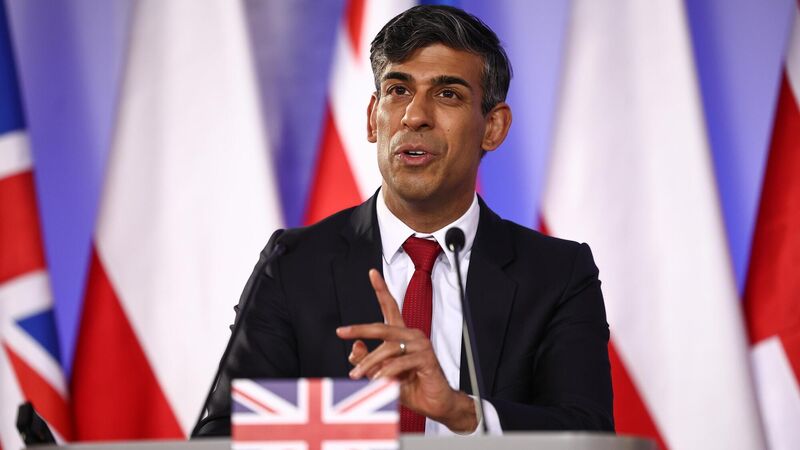Letters to the Editor: UK Rwanda project has an impact on immigration

Prime Minister Rishi Sunak's recent comment on migration 'flies in the face of good and decent neighbourliness'. Picture: PA
I am writing to express my deep concern regarding the recent comments made by British prime minister Rishi Sunak regarding the effectiveness of the Rwanda project and its implications for migration to the Republic of Ireland.
Sunak’s assertion that the influx of migrants to Ireland is proof of the effectiveness of threats of deportation to third countries such as Rwanda is not only insensitive, but also fundamentally flawed, and flies in the face of good and decent neighbourliness.











